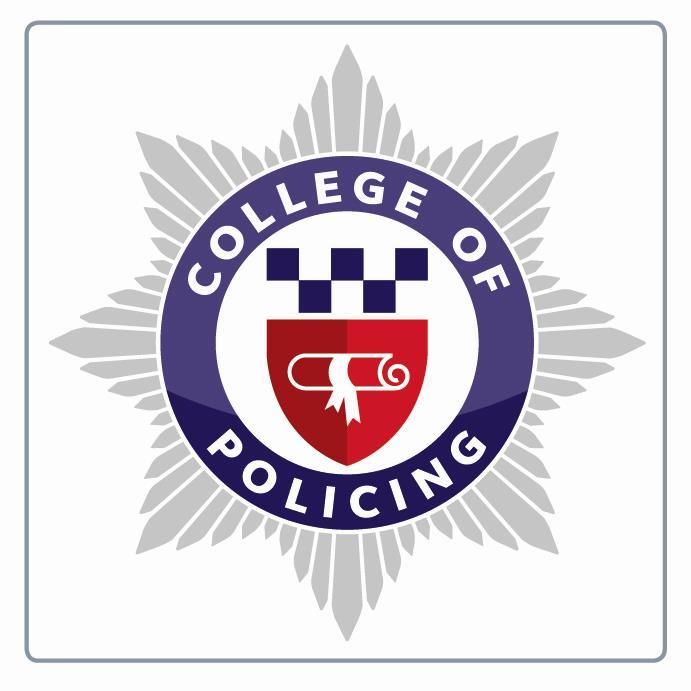College to push for increased autonomy
The College of Policing wants to give all police officers a license and create a register of those working within policing, which it would administer, as part of a bid for Royal Charter status, MPs have heard.
The College of Policing wants to give all police officers a license and create a register of those working within policing, which it would administer, as part of a bid for Royal Charter status, MPs have heard.
Currently, if convicted of gross misconduct an officer will be placed on the Colleges disapproved register to prevent them re-entering the service, but there is no register or license for those involved in policing.
Appearing before the Home Affairs Select Committee (HASC) on Tuesday (April 19) chief executive of the College Alex Marshall said its overall aim was independence from the Home Office.
He said there were several hurdles to receiving a Royal Charter, particularly the lack of a comprehensive list of those practicing policing and the absence of any form of licensing for current officers.
Mr Marshall also highlighted that the body does not currently set standards for police staff.
We would like to pursue a licence to practice and the fact we can set standards for officers not staff, is an anomaly. Particularly because in areas such as homicide investigation officers and staff work side-by-side, he said.
He told the HASC that the college which was created to be independent of Government, but receives much of its funding from the Home Office would be able to handle responsibility for police staff though he admitted the creation of a members register was a slightly longer-term aim.
Granting a Royal Charter by the monarch is dependent on an organisation having a membership that comprises the majority of the eligible field of a unique profession without significant overlap with other bodies.
During the hearing, several HASC members said they would be speaking to Home Secretary Theresa May to support the organisations application before the end of Parliament.
Mr Marshall believes the Royal Charter status would not mean it would not receive Government funding and that the college may still qualify for a reduced amount because of its unique role in setting standards.
He also confirmed there are no plans to charge for membership until at least 2018 and that the college will be free to join for as long as we can afford to, he said.
He admitted that knowledge of college functions by frontline officers was a particular concern and that the body still has a long way to go to connect well with its members.
Currently, the college has 3,000 registered members. A significant distance from meeting the requirement for Royal Charter status.
Also appearing before the HASC, Gavin Thomas, President of the Police Superintendents Association of England and Wales, said the body was on an upward trajectory.
The next step is developing a personal relationship with officers what does it mean to me in terms of my development. There is still some way to go to get traction in terms of what it means to be a member, he said.
General Secretary of the Police Federation of England and Wales (PFEW) Andy Fittes said, while there are some concrete examples of staff associations and the college, he hadnt detected a great deal of improvement in officers knowledge.
I think thats the next step. Ordinary officers need to know what the benefits are, he said.
Chair of the PFEW Steve White said inconsistencies in training across the country frustrates both the college and his organisation.
He said the current situation, where an officer in one force can receive training in an area, but cannot take that training with him when he transfers to another force was ridiculous.
Consistency is absolutely key. Weve got to provide a consistent level of training; the college plays a huge part in that. Its a huge task and we are just beginning to see the benefits.
At a committee meeting last week, members of the National Black Police Association (NBPA) claimed they were not consulted when the College discussed its diversity strategy.
Responding to the allegations, Mr Marshall said: We have been working with the NBPA and they are supportive of what we do.


